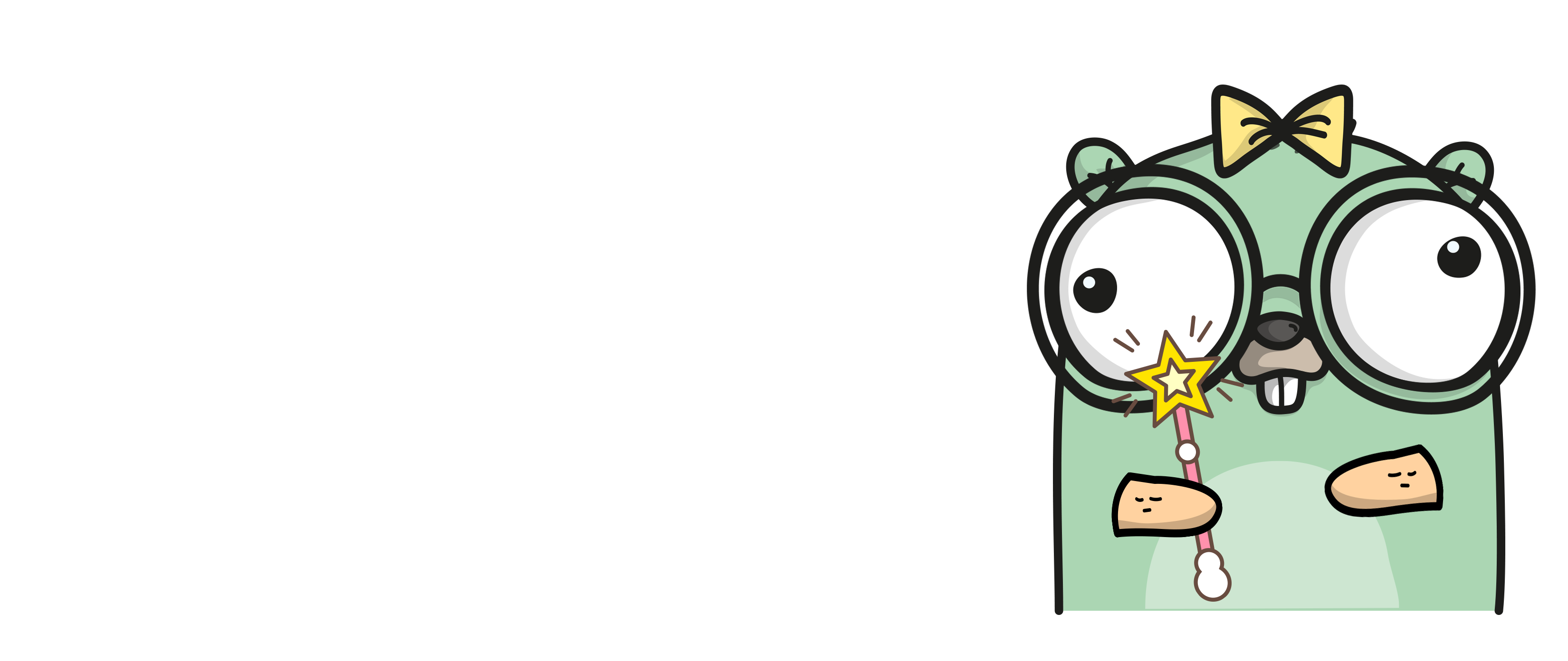Flargs is a simple and lightweight framework for building command-line programs with the following design goals:
- Is testable, providing abstractions around stdin, stdout, stderr, etc
- Decouples the act of parsing arguments from the act of consuming inputs
- Is chainable and composable, allowing for arbitrarily large and complex apps
Flargs conceives of 3 lifecycles, cleanly seperated:
- Parsing Flags and Args (flarging). This is the act of parsing arguments and flags into a custom structure (a flarg). The step allows no access to the environment.
- Loading flargs. This step allows access to an environment is allows further processing and validating.
- Execution. This is where your command is run. It runs against the object you created in step 1 and 2.
Flargs is composed of 3 basic components:
This is your custom object which your app will run against. It takes any shape you want, but you must embed flargs.StateMachine:
type myApiClient struct {
hostname string
port int
path string
flargs.stateMachine
}Because you've embedded flargs.StateMachine, the struct will automatically implement this interface:
type Flarger[T any] interface {
Parse([]string) ([]string, error)
Load(*Environment) error
Run(*Environment) error
}But you will want to define at least one of these on your own to get any interesting behaviour.
An execution environment representing all the inputs and outputs a CLI should need.
type Environment struct {
InputStream io.ReadWriter
OutputStream io.ReadWriter
ErrorStream io.ReadWriter
Randomness io.Reader
Filesystem fs.FS
Variables map[string]string
}This object is injected using dependency injection. Your CLI must use it for all i/o. So:
// badly behaved ☹ don't do it
if os.Getenv("USER") == "sam" {
fmt.Println("Sam, I am")
}
// well behaved ☺ this is the way
if env.Variables["USER"] == "sam" {
fmt.Fprintln(env.OutputStream, "Sam, I am")
}A Command is a Konf plus an Environment, along with a way to run the former against the latter. It has Pipe() for composability and a handful of helper methods.
type Command[T any] struct {
Env *Environment
runFunc RunFunc[T]
}
func (com1 Command[T]) Pipe(conf1 T, env2 *Environment) error {
...
}
func (c Command) ParseAndLoad(args []string) error {
...
}A simple hello-world program that allows you to swap "world" for something else might look like this:
import (
"github.com/sean9999/go-flargs"
)
// our input structure. we only care about one value: name
type helloConf struct {
name string
flargs.StateMachine
}
// get arg, set name
func (c *helloConf) Parse(args []string) error {
if len(args) > 1 {
return errors.New("too many args")
}
if len(args) == 1 {
c.name = args[0]
}
c.name = "world"
return nil
}
// say hello
func (c *helloConf) Run(env *Environment) error {
fmt.Fprintf(env.OutputStream, "hello %s", c.name)
}
conf := new(helloConf)
env := flargs.NewCLIEnvironment();
cmd := flargs.NewCommand(env, conf)
cmd.Run()This might look pretty verbose for a simple CLI. But we now have a hermetic app that can be easily tested. It can grow in complexity without extra overhead. To test, we might do this:
func TestNewCommand_hello(t *testing.T) {
conf := new(helloConf)
// run command in testing mode
env := flargs.NewTestingEnvironment(nil)
cmd := flargs.NewCommand(env, conf)
cmd.Parse([]string{"robin"})
cmd.Run(conf)
// expected output
want := "hello, robin"
// actual output
got := env.GetOutput()
if want != got.String() {
t.Errorf("wanted %q but got %q", want, string(got))
}
}